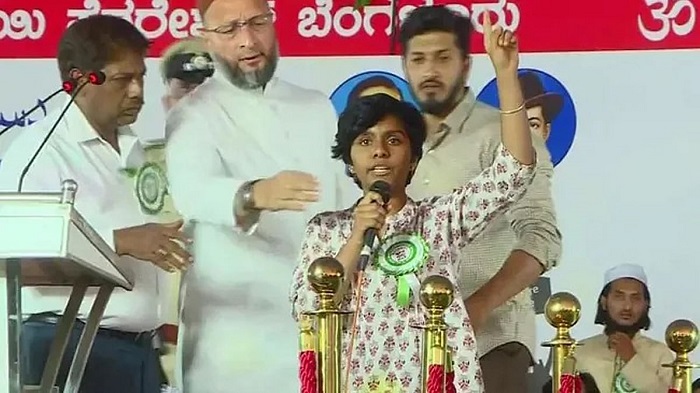Bengaluru, Jun 27: Announcing Karnataka’s ambitious plan to install a 108-ft-tall statue of Nadaprabhu Kempegowda outside the airport, deputy chief minister Ashwath Narayan said the government will bear the project cost — approximately Rs 78 crore.
Work on the project will formally commence with the chief minister laying foundation stone for installation of the statue and development of a 23-acre park where it will come up, on Saturday.
How soon we get a coronavirus vaccine depends on not only the pace of work in research labs, but also the preparedness of factories supplying glass vials, stoppers and syringes
A look at the factors that may determine the severity of infection
An artist’s impression of the 108-ft-tall statue, which is proposed to come up in a 23-acre park outside KIA. The chief minister will perform bhoomi puja on Saturday.
KPCC president DK Shivakumar on Thursday suggested the cost be borne by Kempegowda International Airport and not the government. He wrote to the CM welcoming the decision to erect a statue of the chieftain at KIA, but asked why should the govenment spend on it. “When huge concessions have been provided to KIA, why not use its services to construct the statue,” he asked. Narayan, who is chairman of Kempegowda Development Authority, said it is the government’s duty to bear the cost.
The government has released sketches of the statue and a blueprint of the park. Noted sculptor Ram Sutar, who designed the Gandhi statue located between Vidhana Soudha and Vikasa Soudha and the Statue of Unity in Gujarat, will be part of this project as well.
Narayan said the government was not competing with any other state on having a tallest/largest statue while emphasising that Kempegowda ensured the city had tanks, markets and drainage system when it was founded. He added the government won’t invite many guests to Saturday’s ceremony. “Most legislators will be given a virtual link to view the event,” he said.






Comments
When the economic situation is very bad they are wasting people's money on these things now! These statues can be built when the peoples' basic things are first fulfilled. The title of this topic should be "People to bear the burden of Rs.78 crore", there is nothing like governments money, it's all belong to people.
What is the neccessity of spending tax payers money in building Statue when there is great need of these amount in improving the quality of Health sector during COVID-19 Pandemic. Government must be smart enough to prioritise the need of the people.
Add new comment